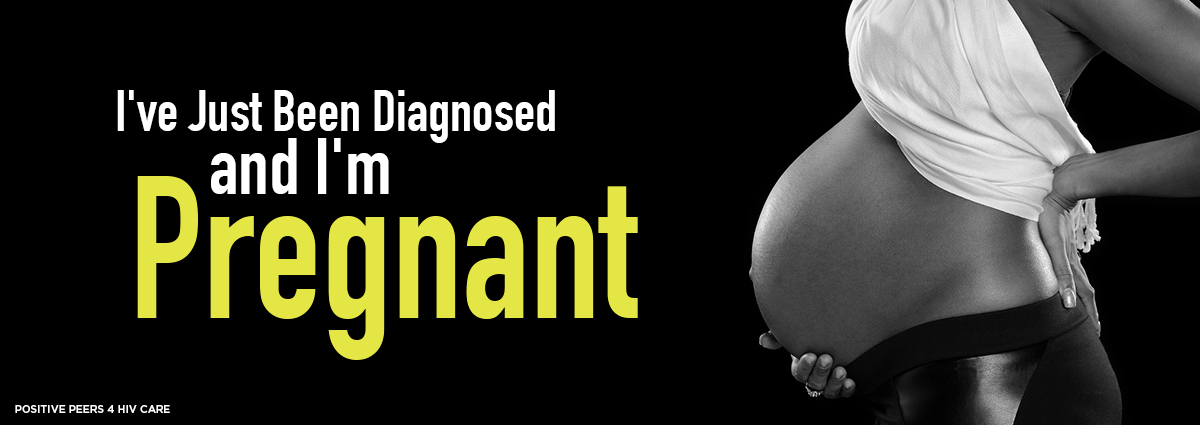
By: Ann K. Avery, MD, Infectious Disease Physician at MetroHealth Medical Center
You can’t help worrying: What’s going to happen to my baby now that I have HIV?
OK, so “pregnant with HIV” sounds like the worst thing in the world the first time you hear it.
But remember, you’re pregnant with a baby, not HIV. And it’s totally possible to deliver a healthy baby who is HIV negative.
Once you have all the facts, you can stop worrying and start planning for a healthy delivery.
Doctors know how to prevent your baby from getting HIV. The best thing you can do is keep all of your appointments and get started on anti-retroviral therapy (ART) right away.
Three things need to happen to reduce the risk of HIV being transmitted to your baby down to just 1% (That’s 1 in 100. Or, look at it this way, there’s a 99 percent chance your baby will be fine!).
- Start anti-retroviral meds and take every dose, every day. The goal is for you to have an undetectable viral load when it’s time for the baby to come.
- When you’re at the hospital to have your baby, doctors will give you medicine in your IV for several hours. This also helps prevent transmission. If you’re a person who knows you have short labors, you should tell your HIV and OB/GYN doctors in advance so they can plan accordingly.
- Finally, once your little one is here, you’ll need to give the baby HIV medicine every 12 hours for just 6 weeks. Don’t worry, babies typically think the medicine is tasty and the nurses will show you how to give baby medicine.
These are some of the key facts you need to know:
Getting started on Medication
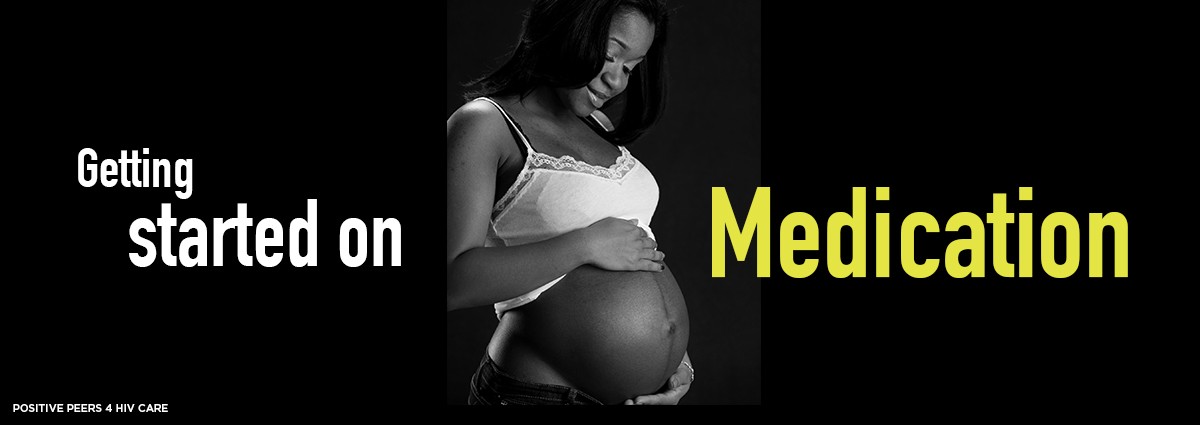
Anti-retroviral medicines prevent HIV from attacking your immune system and reproducing. You have to take them every day exactly as directed.
If you do that, your viral load should fall and your immune system should strengthen. No matter how far along you are in your pregnancy, getting on medication can make you healthier and reduce the chance of infecting your baby.
Reducing HIV & STI risks
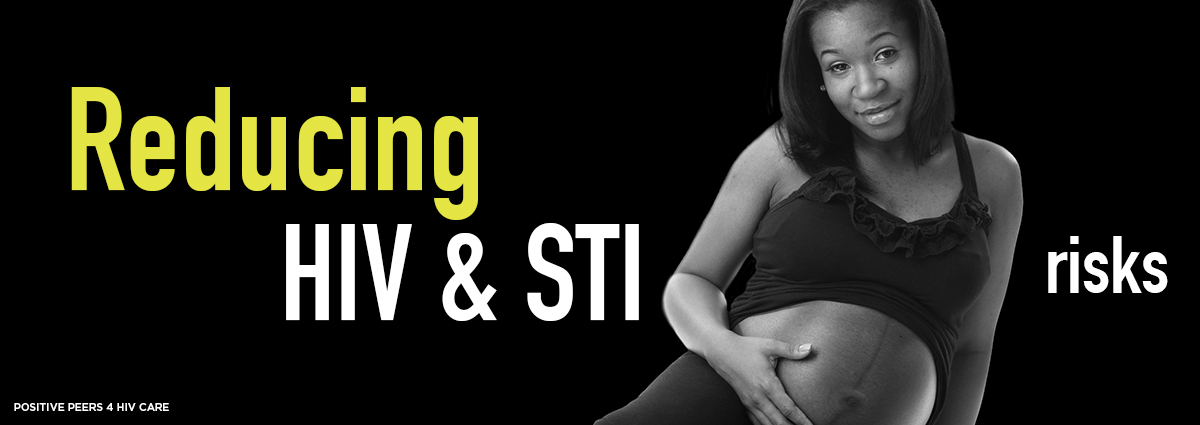
HIV meds will help fight the virus, but you also need to avoid any future exposure to it and other Sexually Transmitted Infections (STIs), since they can be passed-on to your baby.
That means if you’re sexually active, it’s good to use a condom or other barrier every time. It’s also best to stay away from injected drugs (if you’re addicted, talk to your doctor about getting you into a treatment program).
Protecting your baby’s health
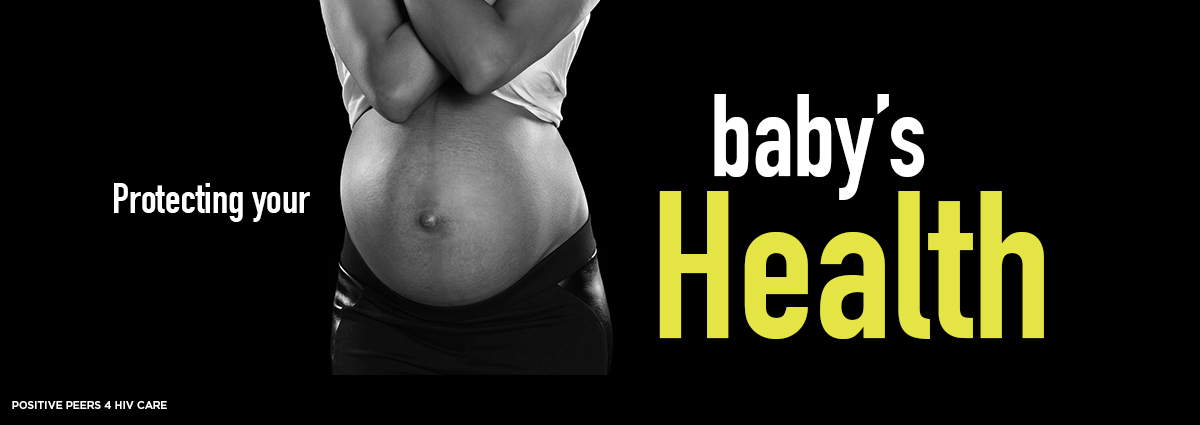
Keeping yourself healthy is the best thing you can do for your baby’s health. That means things like eating a healthy diet and staying active.
Consult with your doctor about finding a specialist in HIV pregnancies. A specialist can help you identify the right foods to eat and the right exercises to try.
And after birth, you can even consider breastfeeding. In January 2023, the Perinatal HIV Clinical Guidelines were rigorously updated to encourage breastfeeding among women living with HIV. Learn more about these updates and tips to help you do so safely.
Come join our private, stigma-free, supportive community.
Health management tools with medication & appointment reminders.
Social networking in a community conversation & private chats.
Planning a natural birth
Your doctor will keep checking your viral load throughout your pregnancy. If your viral load is low enough, you may be able to have a natural vaginal birth.
But if you got started on HIV later in your pregnancy and there’s still a significant level of HIV in your blood, the doctor may choose to deliver the baby by caesarean section.
Testing your baby for HIV
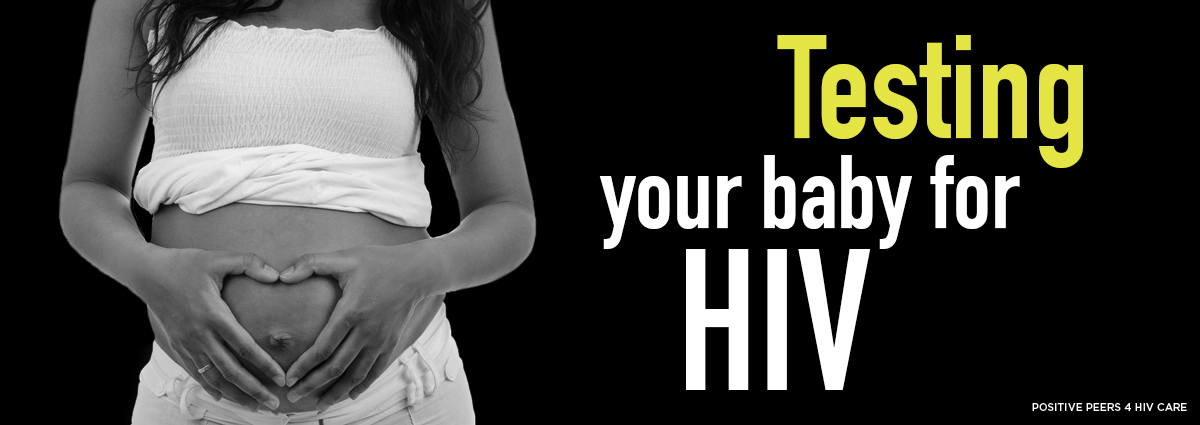
When you have HIV, your body produces antibodies to fight the virus. HIV tests scan for these antibodies and if they find them in your bloodstream, the test will read positive.
Babies are born with mom’s immune system, so your baby will be born with your HIV antibodies — even if the virus is not in the child’s bloodstream — so HIV antibody testing would say your baby has HIV. This is why doctors use different lab tests to keep track of your baby’s health. Once your baby is 15-18 months old, then a final test is done. If that test is negative, your baby definitely does not have HIV and no longer needs to be seen the Pediatric Infectious Disease Specialty clinic. Up until then, however, it’s important to take your baby to both standard Pediatric visits (for check-ups, immunizations, etc) and Pediatric ID Specialist visits.
Keeping it together
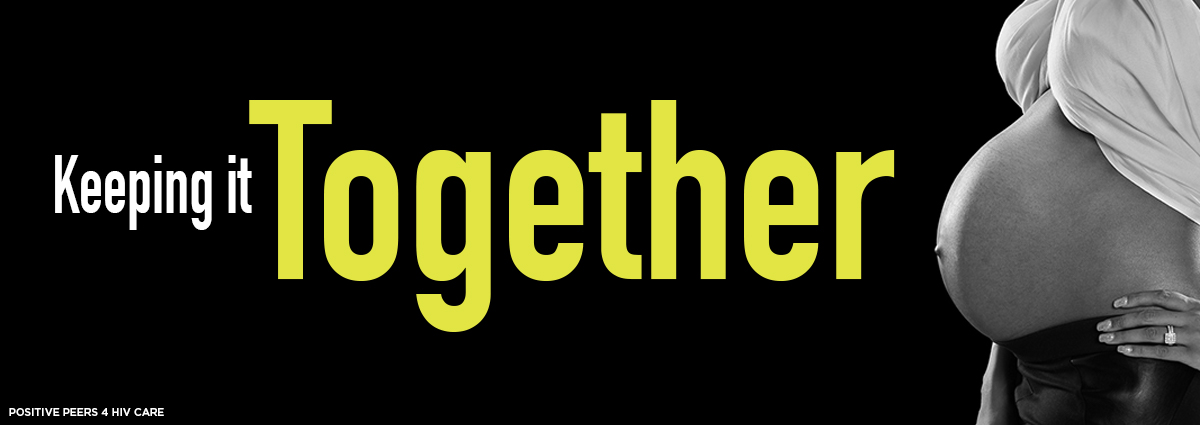
You could do everything that’s recommended and there’s still a small chance you could have an HIV-positive baby. It’s extremely rare, but it might happen.
All you can do is give your baby the best possible chance of being born HIV-free. The best way to do that is to be careful, stay healthy, stick with your meds, and follow your doctor’s advice.
Related Blogs:
Positive Peers is made possible through a U.S. Department of Health and Human Services Health Resources and Services Administration, HIV/AIDS Bureau Special Projects of National Significance (SPNS) Grant to The MetroHealth System. Click here for more information about the SPNS grant initiative.
Positive Peers is a private app for young people living with HIV. Learn how you can earn rewards for your participation.


